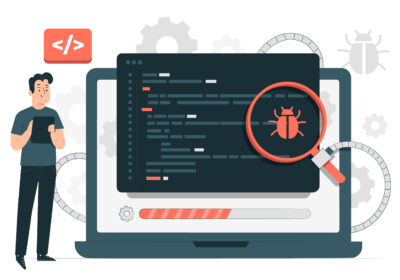The third in our series of blogs on what keeps retail CIOs awake at night focuses on the challenge of extending your organisation’s bandwidth and capability through effective partnering. Whether it is in the plan, build or run part of the team it is likely that most modern IT department’s will rely on some external skills and resource to deliver the service or the retail software technology solutions that the wider organisation desires and deserves.
So herein lies our third ‘keeps me awake at night’ item: partnering with suppliers.
Traditionally supplier management has focused on the harder edge of negotiation and driving the lowest price possible from those suppliers. Whilst commercials are very important it is recognised that it is a two way street, and both parties should be actively seeking foch a Podcast where David Callow shares his views on outsourced software teamsr ways to contract that drive behaviours which deliver a win-win. When this approach is taken then the contract becomes a document which stays firmly in the filing cabinet and the supplier is perceived more readily as a partner.
The common sense in this approach is plain to see but it is rare and difficult to make the step up to this improved relationship. The key questions on the CIO’s lips is whether his or her suppliers understand us? Are they truly empathic to the needs of a retail organisation? And are they motivated and incentivised towards the same goals as the internal team?
The selection of partners to help deliver retail software technology solutions is a process that can avoid a lot of pain so long as it is approached with the end game in mind. Too often selection processes are cumbersome and focused on technical detail and/or commercials. The emphasis needs to be more on the ethos and culture of the organisation, ensuring that there is a ‘meeting of minds’ and matching styles of working.
When the partner is delivering retail technology solutions from afar then the issues can be magnified. Off-shoring or near-shoring can have tremendous benefits but there needs to be recognition of the hard work that is required to make it effective. This is not as simple as chucking the problem over the wall and never having to worry about it again!
The trick is to actively work on empathy and understanding between the two partners and this takes time and patience. Partners need to understand that it is a healthy thing to constructively challenge each other, and that to do so is only aimed at delivering joint success thus strengthening the relationship.
The smart CIO wants to surround him or herself with positive, enthusiastic and skilled people both in the retail organisation and in the partner network. This is true regardless of where they are located. The IT skills required are a commodity – the real difference is the people and their attitude to the relationship. If they fully understand what the retailer is trying to achieve and they buy into that success then the more than half the battle is won.



